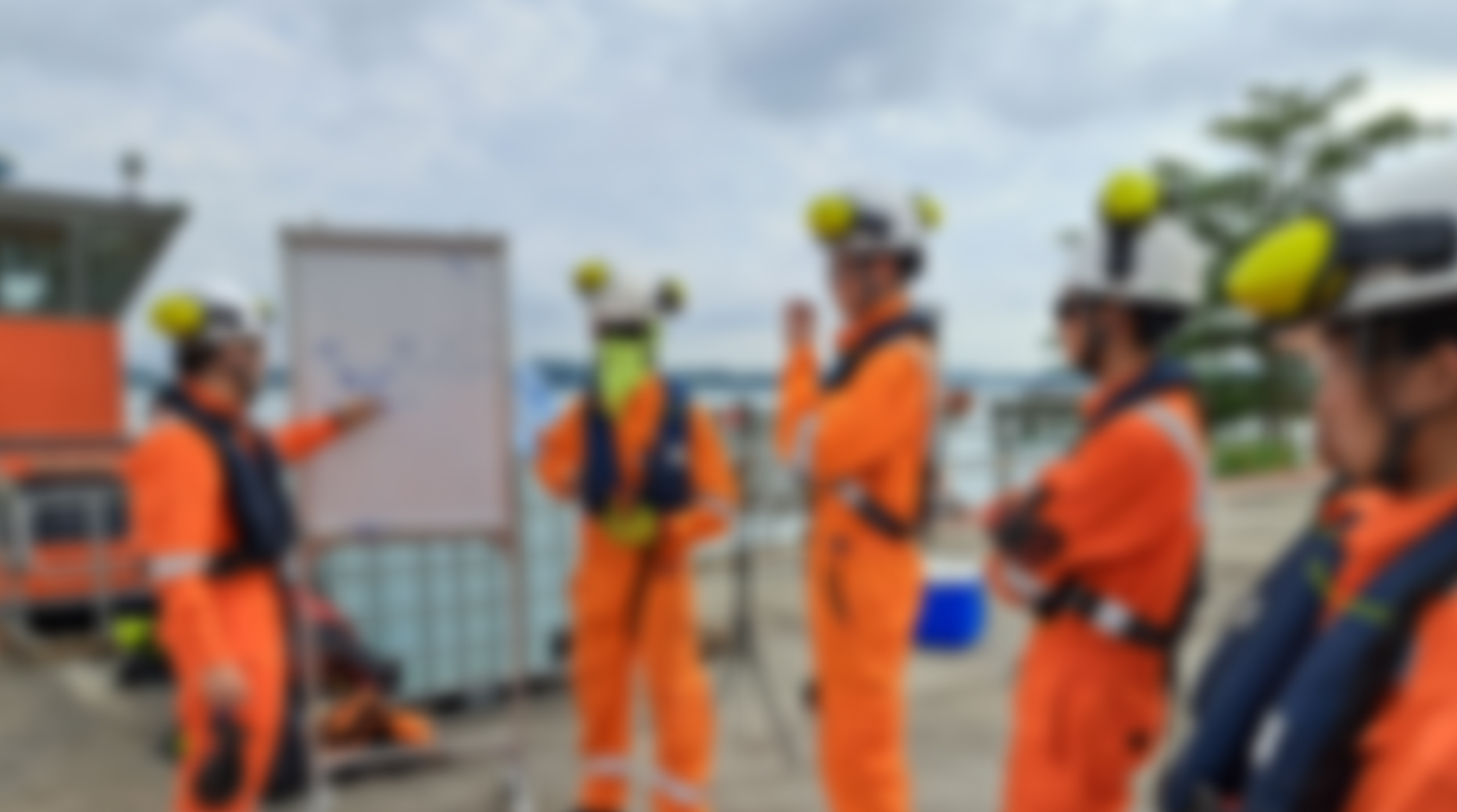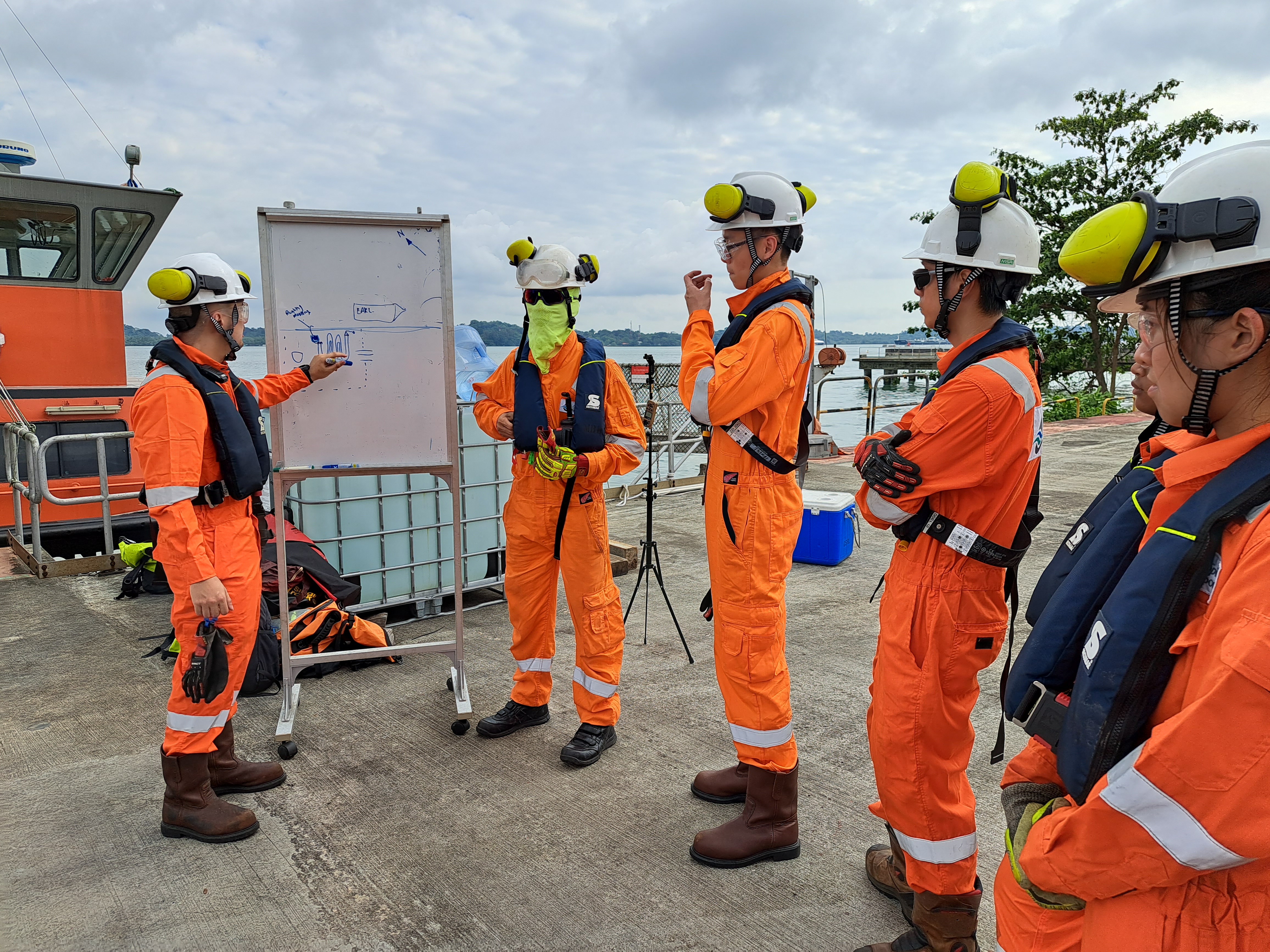Discover the power of the Shoreline Clean-up Assessment Technique (SCAT) programme and become a proficient SCAT Team member, primed for an efficient and effective response.
A shoreline response can become a complex management issue and pose the greatest challenge, as well as potentially becoming the most expensive part of an incident, especially during a prolonged response. A well-established and proven systematic approach, agreed by management and stakeholders, can assist in the efficient and effective use of resources to an agreed end point.
What is SCAT?
With roots dating back to the Nestucca and Exxon Valdez shoreline responses in 1989, SCAT is a well-established systematic approach which is used to document the status of oiled shorelines and their subsequent treatment recommendations. It was widely used during the Macondo incident in 2010 to assess the degree of oiling and identify suitable clean-up methods throughout the response.
This course is your gateway to excellence in planning and establishing a SCAT Programme during a response. Perfect for those aspiring to join a SCAT response field team, as well as anyone seeking a deeper understanding of the process.
Who should join:
- Planning staff: Environmental and SCAT Team Members, including Oil Spill Response Organisations (OSRO’s), Regulators, Government departments, Non-Government Organisations (NGO’s)
- Personnel responsible for shoreline assessments and environmental sensitivity considerations
- Operational staff leading shoreline response priorities and tactics
- Geographical Information System (GIS) experts and SCAT data managers looking to deepen their SCAT process understanding.
Prior knowledge of SCAT or spill response is not essential.

This course uncovers the essentials to implement and excel in a SCAT program. Dive into the intricate character and dynamics of coastal zones, unravel the mysteries of oil behaviour on diverse shorelines, and master the art of managing a shoreline assessment program with precision.
Incorporating classroom sessions and immersive field exercises, you'll acquire practical skills in site assessment, treatment recommendations, and end-point criteria.
What you'll gain:
- In-depth insight into physical processes and coastal characteristics
- Familiarity with the systematic approach to SCAT
- An appreciation of the key terms and definitions used throughout the process
- Hands-on field exercises for real-time learning utilising documentation and tangible results.
Conducting immersive exercises during this course, you will cover the following topics:
- Uncover the crucial role of SCAT with an in-depth exploration of the SCAT programme
- Dive into physical processes and coastal characteristics
- Explore coastal segmentation
- Oil spill Management and crafting effective endpoints
- Navigating resource and shoreline protection
- The art of conducting a SCAT survey and deciphering the SOS form, its terms, and definitions
- Explore SCAT case studies to gain real-world insights.





